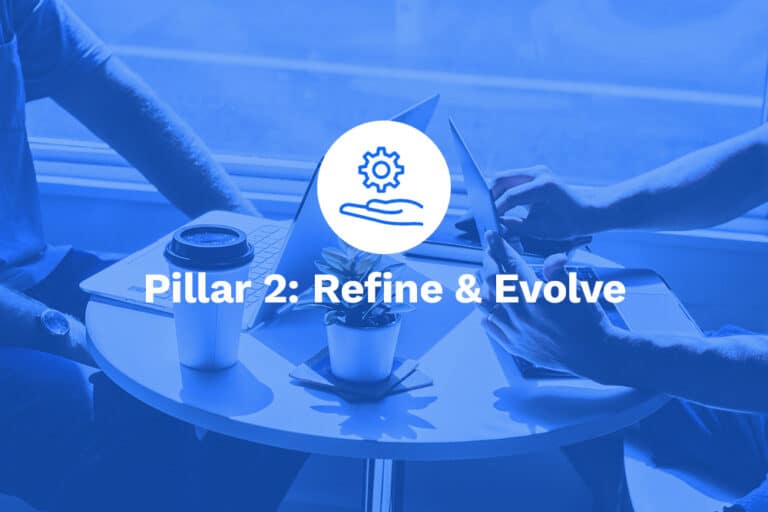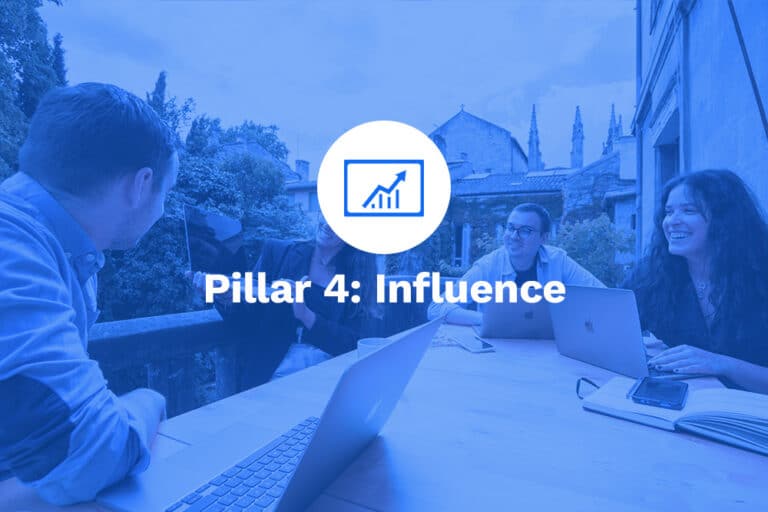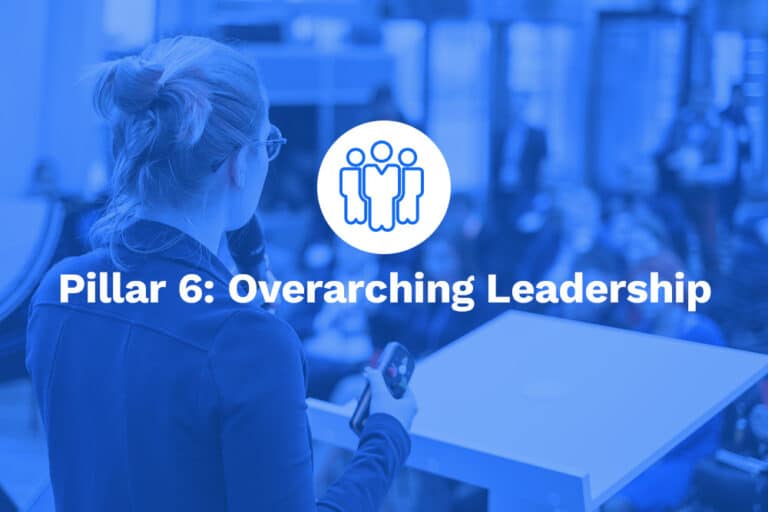
Similar Posts

12 Mindset Shifts When Moving from Individual Contributor to People Leader
Essentials Membership Only Content available to those who have subscribed to the Essentials Membership. Please log in below. Not yet a member? It’s…

How Can I Set Clear Priorities?
Essentials Membership Only Content available to those who have subscribed to the Essentials Membership. Please log in below. Not yet a member? It’s…

10 Pitfalls To Avoid As A New People Leader
Essentials Pro Membership Only Content available to those who have subscribed to the Essentials Pro Membership. Please log in below. Not yet a…

10 Telltale Signs You’re Part of an Awesome Team Culture
Essentials Membership Only Content available to those who have subscribed to the Essentials Membership. Please log in below. Not yet a member? It’s…

12 Mindset Shifts When Moving from Individual Contributor to People Leader
Essentials Membership Only Content available to those who have subscribed to the Essentials Membership. Please log in below. Not yet a member? It’s…

12 Tips for Creating the Space to Be an Effective Leader
Essentials Membership Only Content available to those who have subscribed to the Essentials Membership. Please log in below. Not yet a member? It’s…
